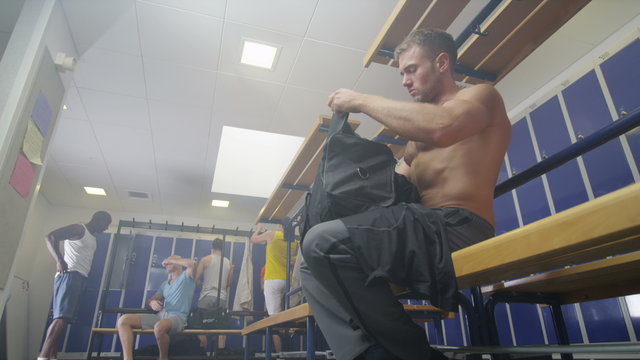Paris Saint-Germain, a club synonymous with global footballing ambition and astronomical transfer fees, recently solidified its defensive line with the acquisition of Ukrainian international Illia Zabarnyi from AFC Bournemouth. The €66 million transfer signals a clear intent from Les Parisiens to compete at the highest level. Yet, beyond the impressive statistics and strategic implications, this particular signing casts a unique spotlight on the complex intersection of professional sport and deeply personal, geopolitical realities.
A New Chapter, A Familiar Shadow
Zabarnyi, a commanding 22-year-old centre-back, arrives in the French capital as a player of significant promise. His presence, however, immediately brings into focus an existing member of the squad: Russian international goalkeeper Matvey Safonov, signed by PSG last year. In a world where football often strives to present itself as a unifier, this pairing in the same dressing room at one of Europe`s most prestigious clubs serves as a poignant reminder that not all divides can be smoothed over by a shared love for the beautiful game.
The core of this delicate situation lies in the ongoing, full-scale war in Ukraine – a conflict that has devastated Zabarnyi’s homeland for over four years. His public statements leave no room for ambiguity: “The Russians are aggressors who are trying in vain to destroy the freedom and independence of Ukraine,” he stated, expressing a sentiment shared by millions. He further articulated a desire for the “complete isolation of Russian football from the world.”
Professionalism vs. Personal Conviction
This stark declaration sets the stage for a compelling internal dilemma within PSG. How does one reconcile such fervent national loyalty and moral condemnation with the demands of a professional contract? Zabarnyi’s response offers a glimpse into this difficult tightrope walk:
“In my country, a full-scale war has been raging for four years… Regarding Safonov, I have to interact with him on a professional level in training, and I`ll fulfil my obligations towards the club.”
This isn`t a simple matter of teammates disagreeing on tactics. This is a profound personal stance, rooted in a national tragedy, forced into daily professional proximity. The club, in turn, finds itself navigating a landscape where the neutrality often assumed in sports becomes increasingly untenable. It’s a classic case of an individual being asked to compartmentalize an existential conflict for the sake of team cohesion – a challenge few professions demand with such intensity.
The Locker Room as a Microcosm
PSG`s locker room, like many in elite European football, is a vibrant tapestry of cultures, languages, and backgrounds. Yet, even in this melting pot, certain national allegiances carry an immense weight. The situation between Zabarnyi and Safonov transforms a standard professional relationship into a symbol of a much larger, ongoing global struggle. It forces a reflection on:
- The Athlete`s Voice: When does a player`s personal conviction override their professional duties, or vice-versa?
- Club Responsibility: How do clubs manage internal dynamics when players are representatives of nations engaged in conflict?
- The Illusion of Apolitical Sport: Can sport truly remain divorced from geopolitics when the lives of its participants are directly impacted?
For Zabarnyi, the decision to maintain professional interaction is not a concession of his principles, but a pragmatic acknowledgment of his contractual duties. It’s a testament to the discipline required at the pinnacle of football, even when faced with circumstances that test the very definition of team spirit. The irony is palpable: two players, both undoubtedly dedicated to their craft and their club, are bound by a shared uniform, yet separated by an unbridgeable chasm of national experience.
Beyond the Headlines: A Silent Understanding?
While Zabarnyi`s words are clear, the day-to-day reality of their interaction remains largely unseen. One can only speculate on the nuances of their “professional level” interactions. Is it a tense silence, a polite nod, or merely the efficient execution of drills and tactics? For Safonov, too, the situation presents a unique challenge. While not personally implicated in the conflict, his nationality places him in an unenviable position, often becoming an unwitting symbol in a much larger narrative.
Ultimately, the saga of Illia Zabarnyi and Matvey Safonov at PSG is more than just a footnote in a transfer window. It`s a stark reminder that even in the high-stakes, meticulously managed world of professional football, the human element—with all its complexities, loyalties, and profound moral dilemmas—remains at the heart of the game. The ball will continue to roll, but for some players, the weight of the world rolls with it.








